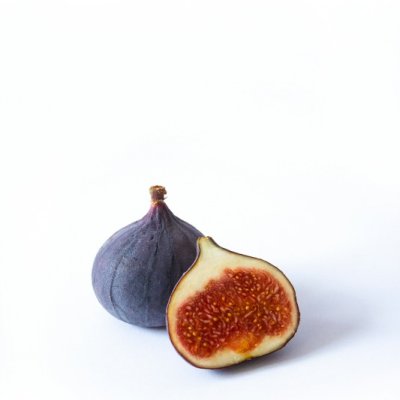In this case, however, the Dutch normally use the simple present?. | En este caso, sin embargo, el holandés utiliza normalmente el presente. |
The conditional clause must remain in the simple present tense. | La cláusula condicional debe permanecer en el simple present tense (presente simple). |
Once you've mastered the simple present, continue onto the passé composé (past tense). | Cuando domines el presente simple, sigue al passé composé (tiempo pasado). |
So I can use the simple present. | Así que puedo usar el present simple. |
Let us first look at the technical part: The conjugation of the simple present tense. | Veamos primero la parte técnica: la conjugación del tiempo presente. |
Once you've mastered the simple present, continue onto the passé composé (past tense). | Cuando domines el presente simple, sigue al passé composé (tiempo pasado). Piensa en voz alta. |
Separable compound verbs fall apart in the simple present and past: Afwerken (to finalize) | Los verbos separables compuestos se separan en el presente simple y en el pretérito: Afwerken (finalizar, ultimar) |
We use the simple present tense to refer to an event that takes place right now or to a current state. | Utilizamos el presente para referirnos a un hecho o acción que se están llevando a cabo en este momento o a un determinado estado. |
Although we do have a future tense to refer to actions or events that take place in the future, the Dutch often use the simple present. | Aunque tenemos un tiempo futuro para referirnos a acciones o eventos que tienen lugar en el futuro, utilizamos a menudo el presente simple. |
Ychanges iniin singular persons and in the third plural person of the simple present and in present subjuntive. | Se sustituye y por i en todo el singular y en la tercera del plural del presente de indicativo y en todo el presente de subjuntivo. |
Traducción
■■■■■■■■■■■■■■■■■■■■■■■■■■■■■■■■■■■■■■
Palabra por palabra
Ejemplos
Palabra al azar
¡Tirar los dados y aprender una palabra nueva ahora!
¿Quieres aprender inglés?
¡Aprende inglés gratis!
Palabra del día
inglés.com es el diccionario, traductor y sitio web de aprendizaje inglés-español más popular del mundo.
El Dictionary Media Group de IXL Learning llega a más de 500,000,000 estudiantes cada año.
Copyright © 2025 Dictionary Media Group, Inc., una división de IXL Learning • Todos los derechos reservados.















